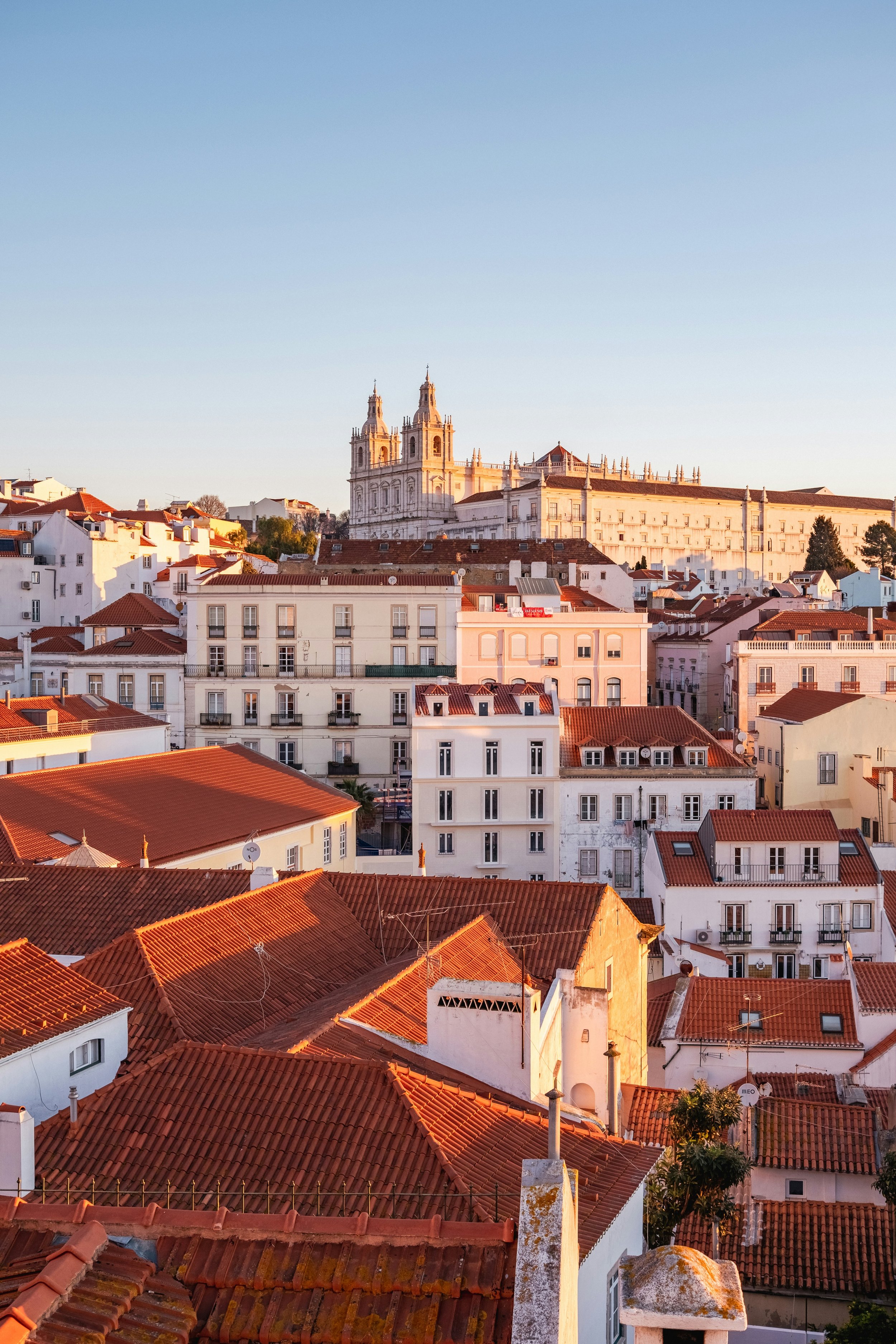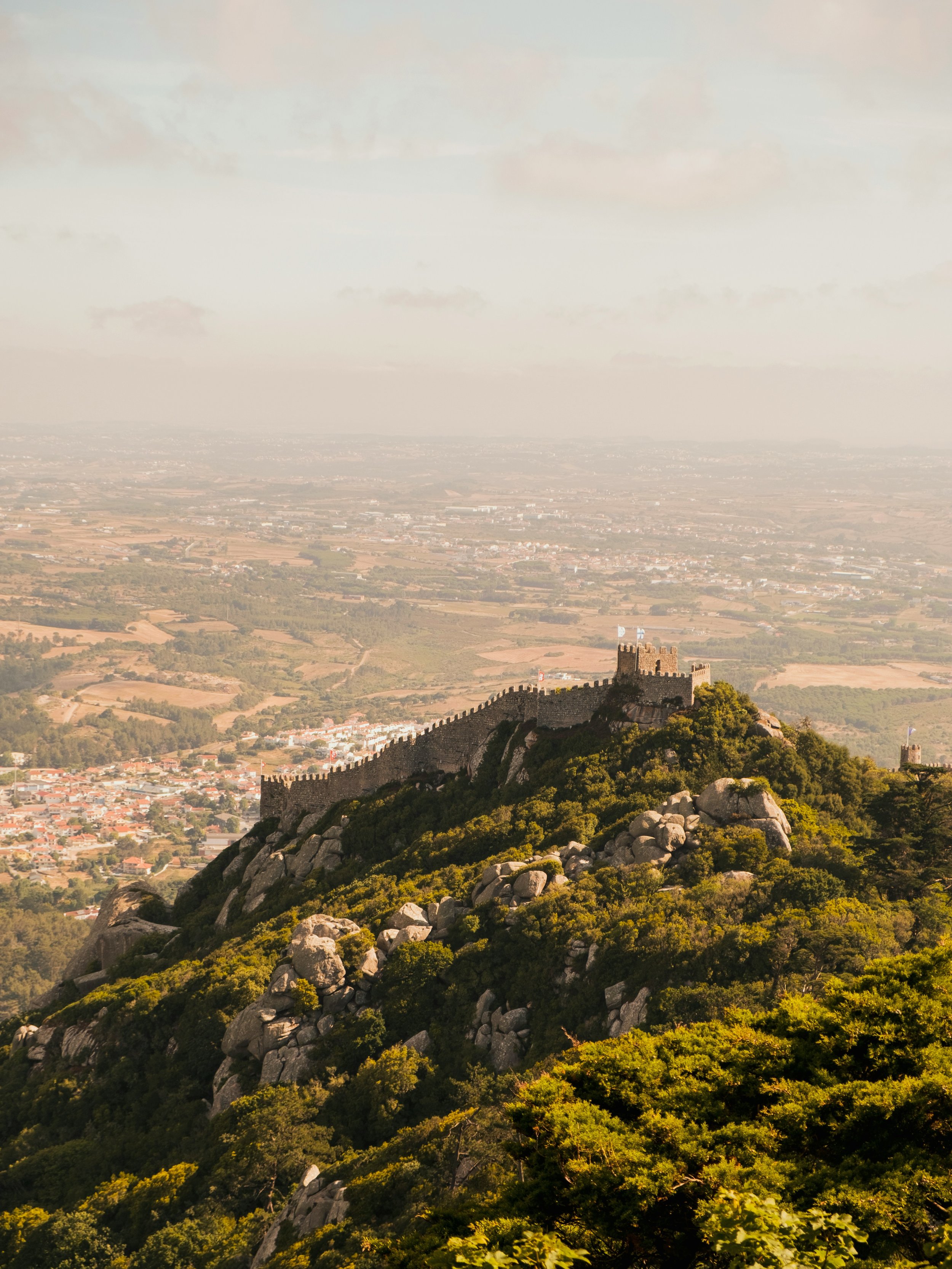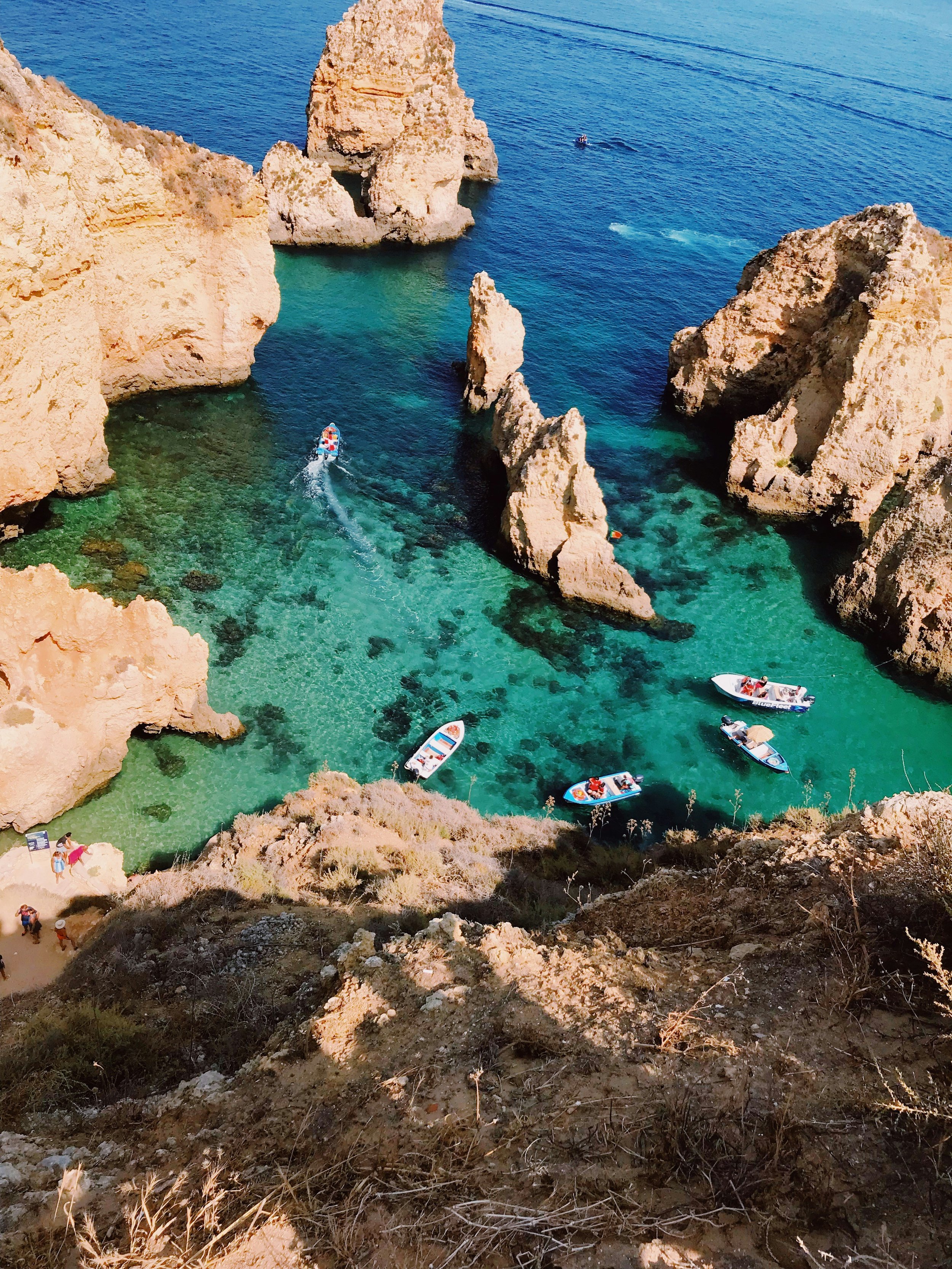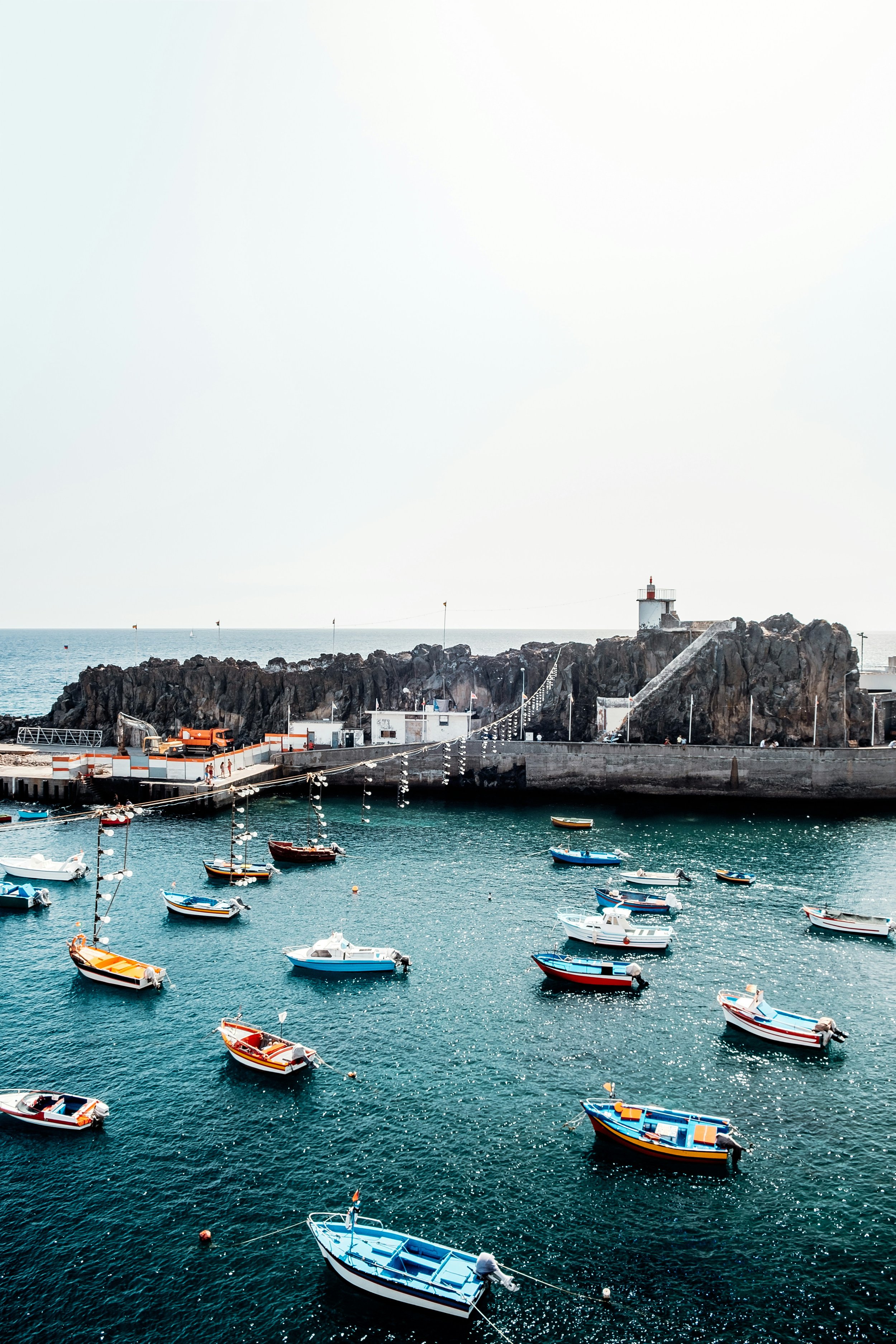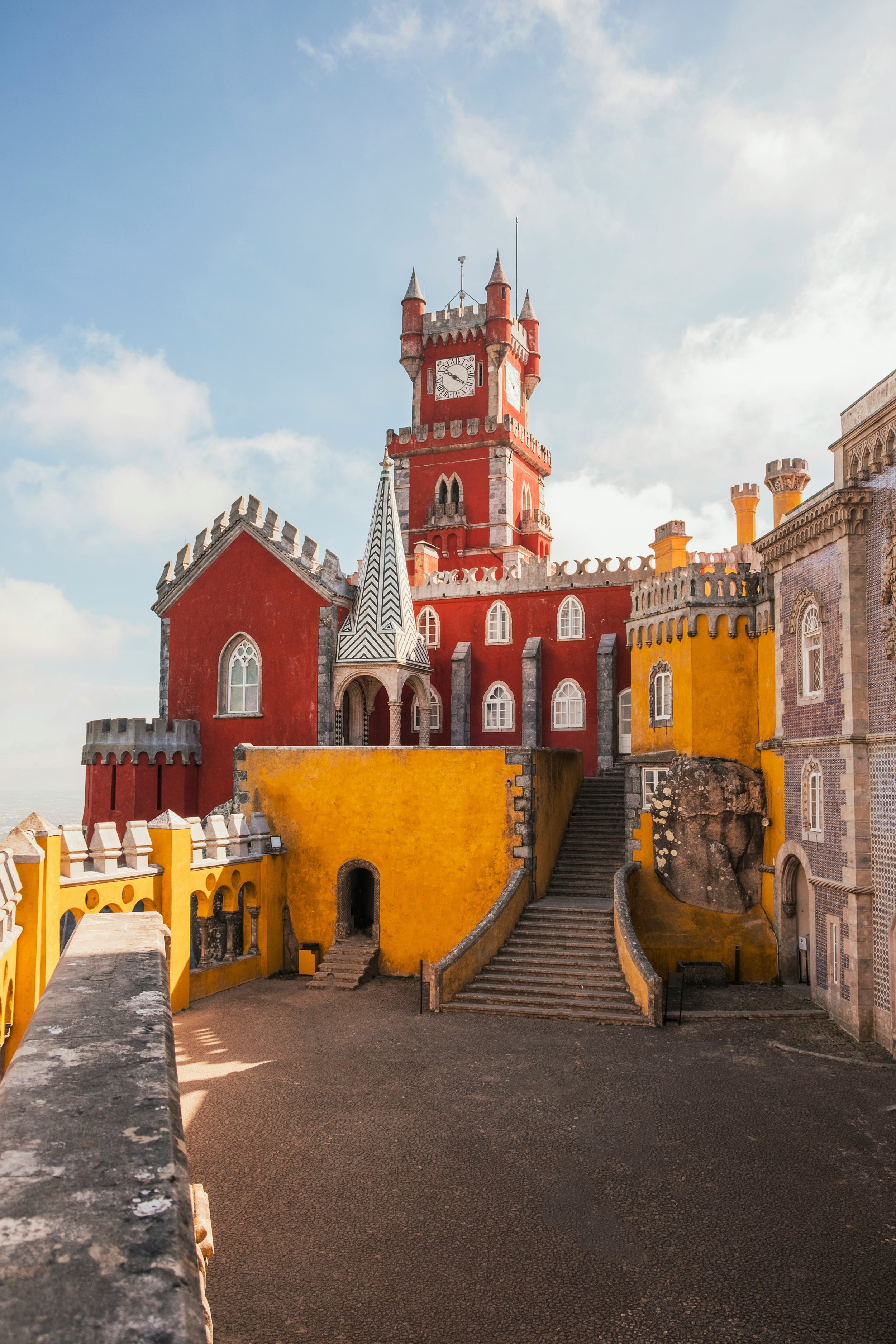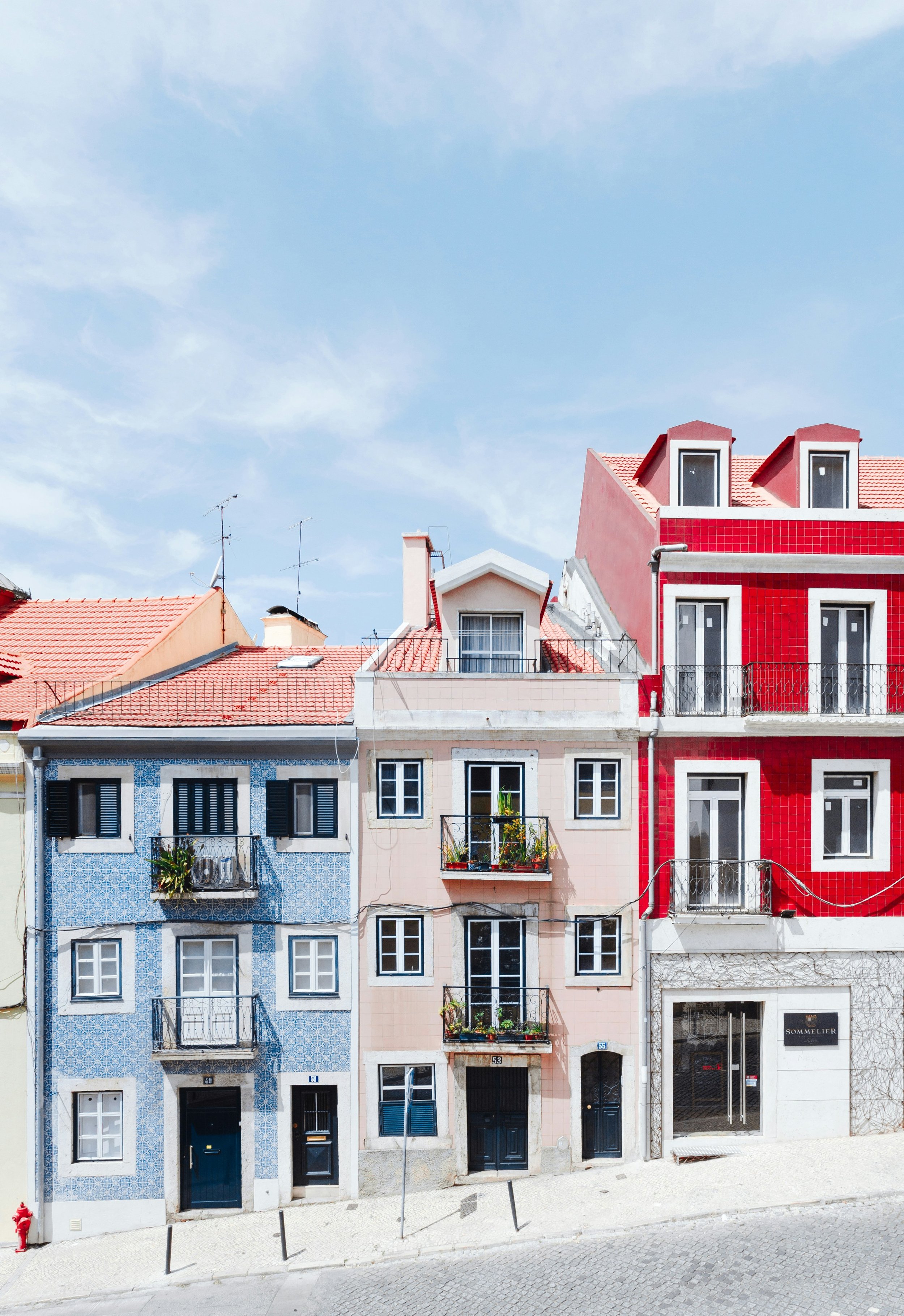Welcome to Portugal
Portugal, located on the Iberian Peninsula, is a country known for its rich history, stunning landscapes, and vibrant culture. From the rolling hills of the Douro Valley to the sun-kissed beaches of the Algarve, Portugal offers a mix of old-world charm and modern living. It is a popular European destination for both tourists and expatriates, attracting those seeking a blend of tradition and innovation.
-
Portugal has a population of approximately 10.3 million people. The population has been gradually declining due to low birth rates and emigration, especially among young people seeking opportunities abroad. This trend has contributed to a slowly aging population.
-
Portugal's population is aging, with a median age of around 45 years. The aging population is a result of increased life expectancy and low fertility rates. Younger people often migrate to other European countries or larger cities within Portugal for better job prospects, contributing to demographic shifts.
-
Portugal is ethnically homogeneous, with the vast majority of the population identifying as Portuguese. There are small communities of immigrants from countries like Brazil, Angola, Cape Verde, and Ukraine, enriching the country's cultural diversity.
-
Portugal's economy is characterized by a combination of traditional industries such as agriculture, fishing, and cork production, along with growing sectors like tourism and technology. While economic recovery has occurred in recent years, challenges remain, particularly in terms of unemployment rates, regional disparities, and poverty in rural areas.
-
Portuguese is the official language and spoken by the entire population. While English is widely understood in tourist areas and large cities, Portuguese is the dominant language in business, education, and daily life.
-
Portugal boasts a high literacy rate of around 95%. The education system is publicly funded and includes free primary, secondary, and tertiary education. The country has a strong university system, with some institutions being recognized internationally, though access to higher education can be more challenging for rural populations.
-
Portugal has a universal healthcare system, the Serviço Nacional de Saúde (SNS), which provides access to medical services for all residents. While the system is generally well-regarded, there are occasional challenges with waiting times and access to specialized care, particularly in rural areas.
-
Portugal is highly urbanized, with about 65% of the population living in cities, including Lisbon, Porto, and other regional hubs. The country has modern infrastructure, including well-developed transportation networks, roadways, and public services. However, rural areas still face issues related to infrastructure development and access to services.
-
Tourism plays a vital role in Portugal’s economy, contributing significantly to GDP and job creation. The country’s picturesque cities, historic sites, and coastal beauty attract millions of visitors each year. While tourism brings economic benefits, there are concerns about its impact on housing affordability, the environment, and local communities, leading to a push for sustainable tourism practices.




